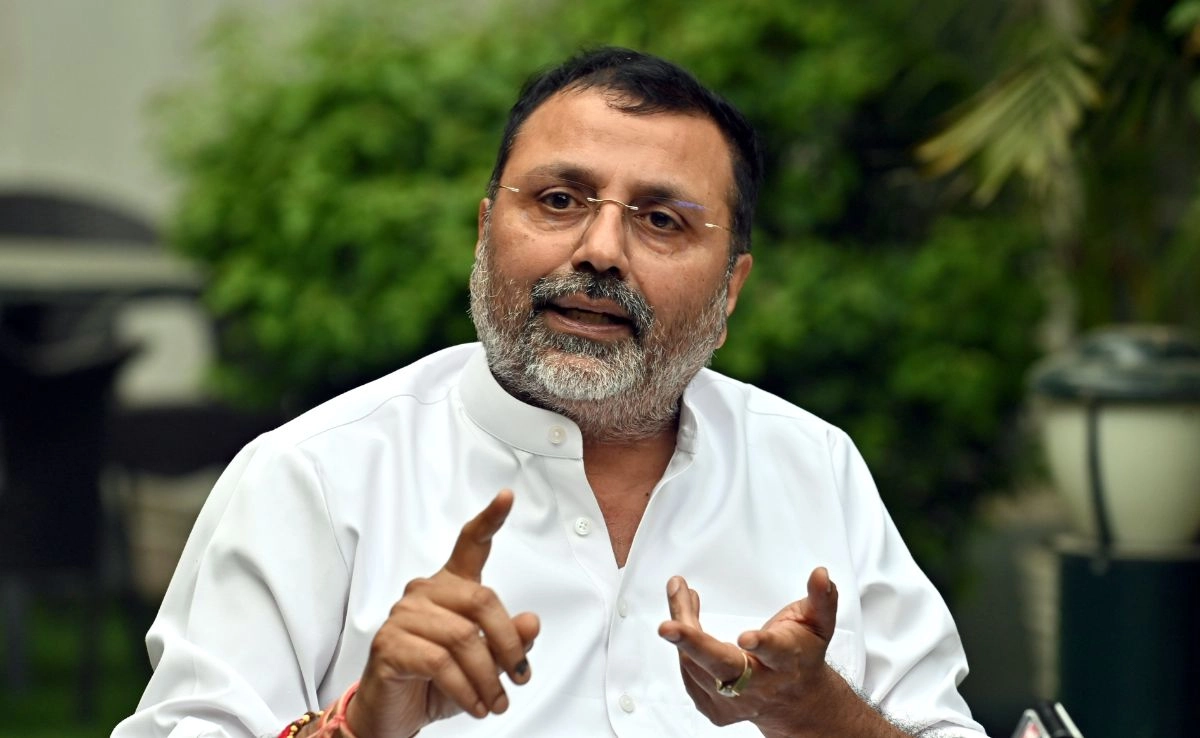A criminal contempt action has been sought against a Member of Parliament (MP) from the Bharatiya Janata Party (BJP) due to controversial remarks made concerning the Supreme Court of India. The remarks, which are perceived to undermine the authority and dignity of the judiciary, have raised significant concerns regarding the respect for judicial institutions in the country. Such comments can potentially erode public confidence in the legal system and challenge the principle of separation of powers, which is foundational to the functioning of democracy.
The call for contempt proceedings underscores the delicate balance between free speech and the need to maintain the integrity of the judicial system. Critics argue that public officials, especially those in positions of power, should exercise caution and responsibility when making statements about the judiciary. The Supreme Court plays a critical role in upholding the Constitution and ensuring justice, and any disparaging remarks can have far-reaching implications.
Legal experts have noted that contempt of court is a serious charge, primarily aimed at preserving the authority of the judiciary. If the court determines that the MP’s comments constitute contempt, it could lead to legal repercussions, including fines or imprisonment. This situation also highlights the broader issue of political discourse in India, where the intersection of politics and the judiciary often leads to contentious debates about accountability and respect for democratic institutions.
As the situation unfolds, it will be crucial to observe how the judicial system addresses this matter, as it could set a precedent for how similar cases are handled in the future. The outcome may also influence the relationship between the government and the judiciary, which is essential for maintaining the rule of law and democratic principles in the country. In a vibrant democracy like India, it is vital for all stakeholders, including politicians, to engage in constructive dialogue that respects the operational autonomy and dignity of judicial institutions.




